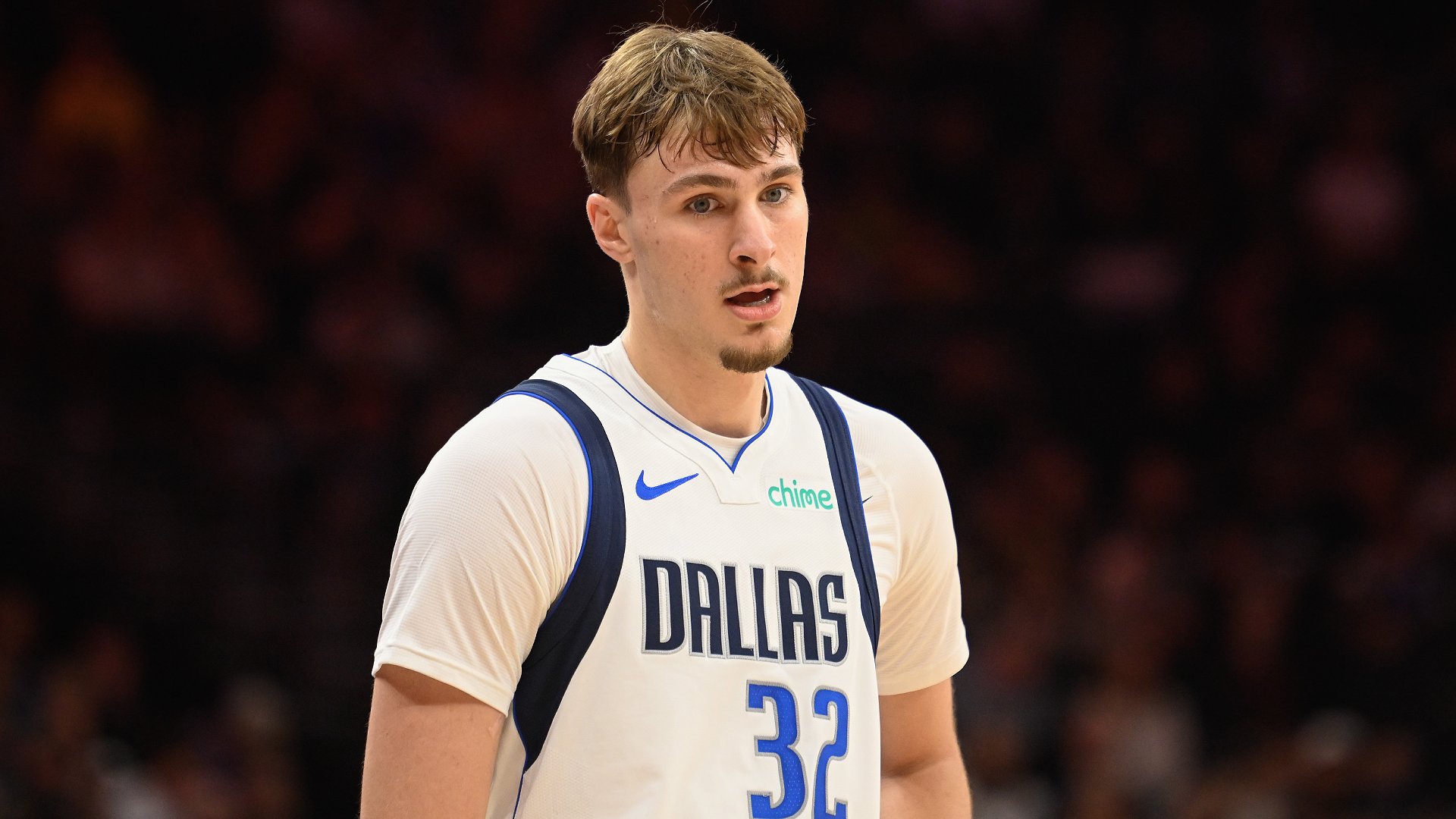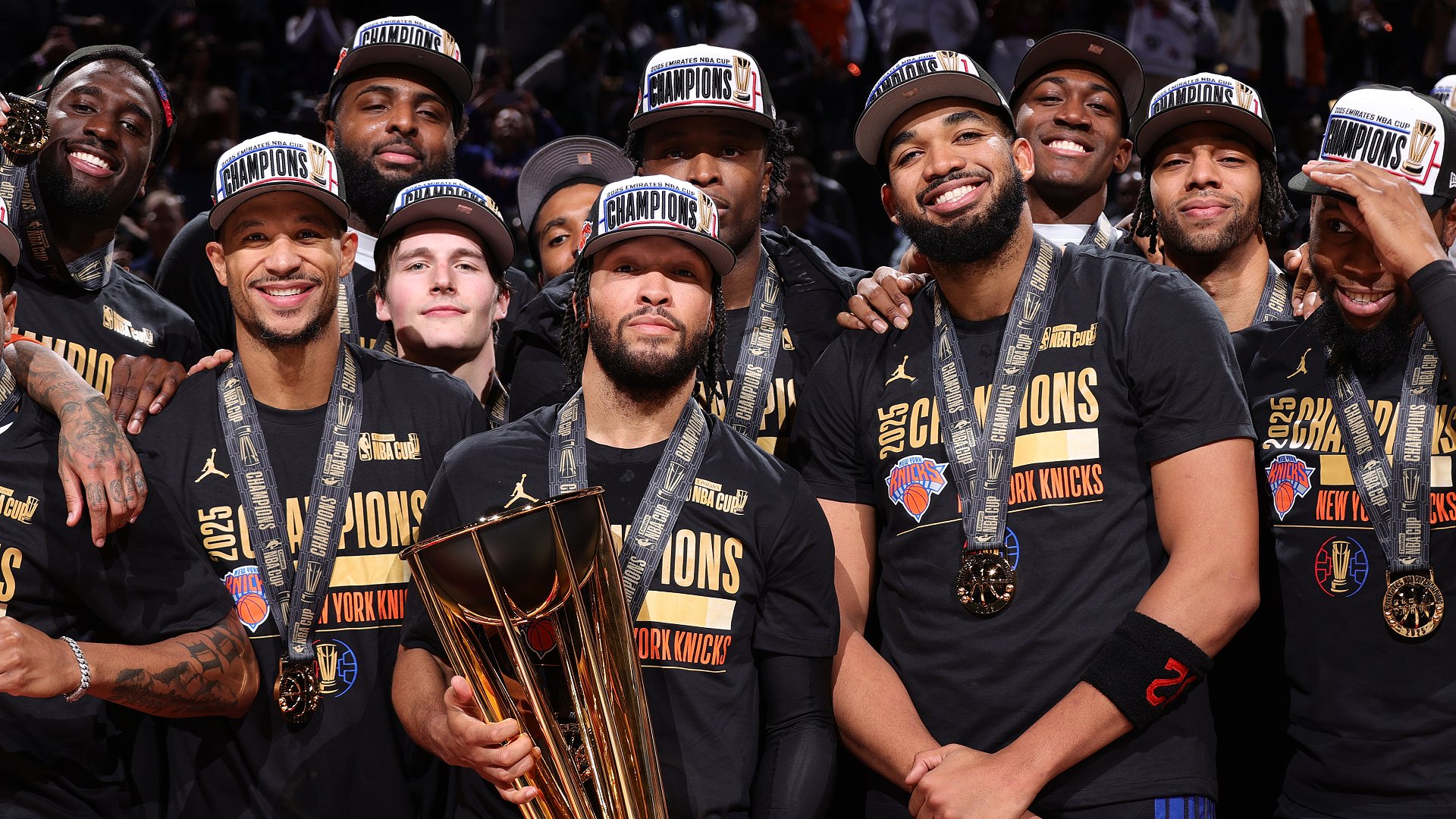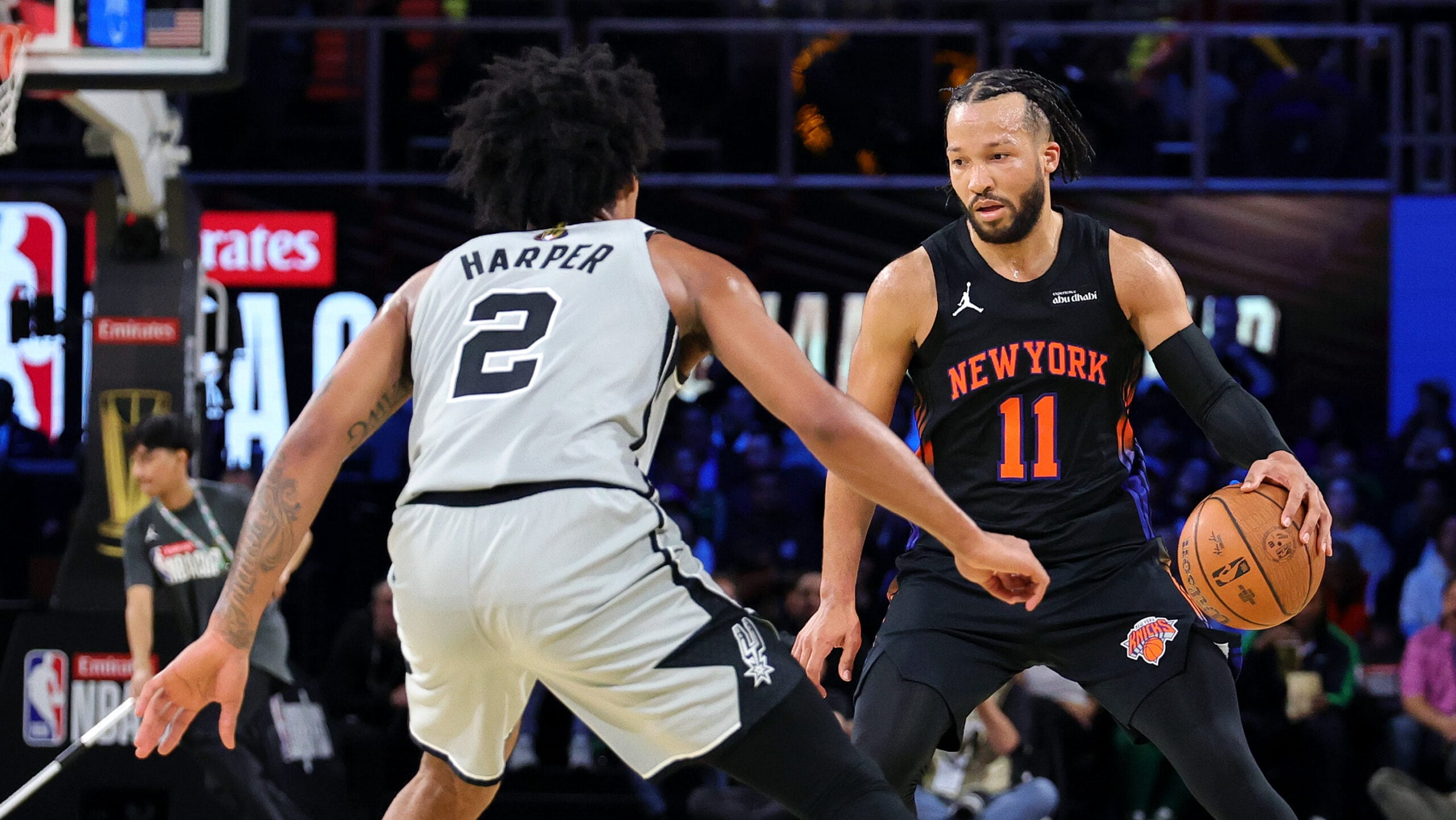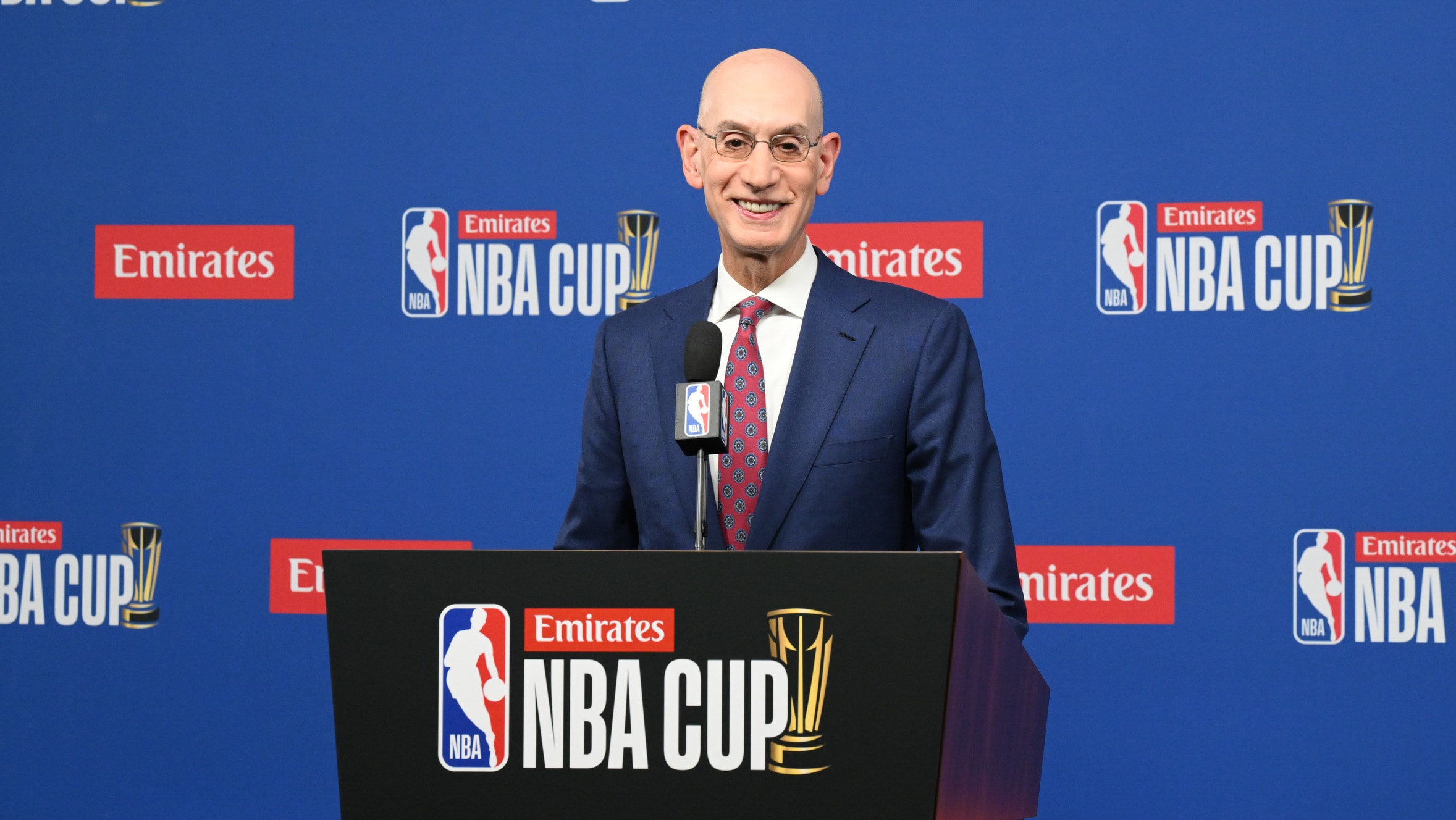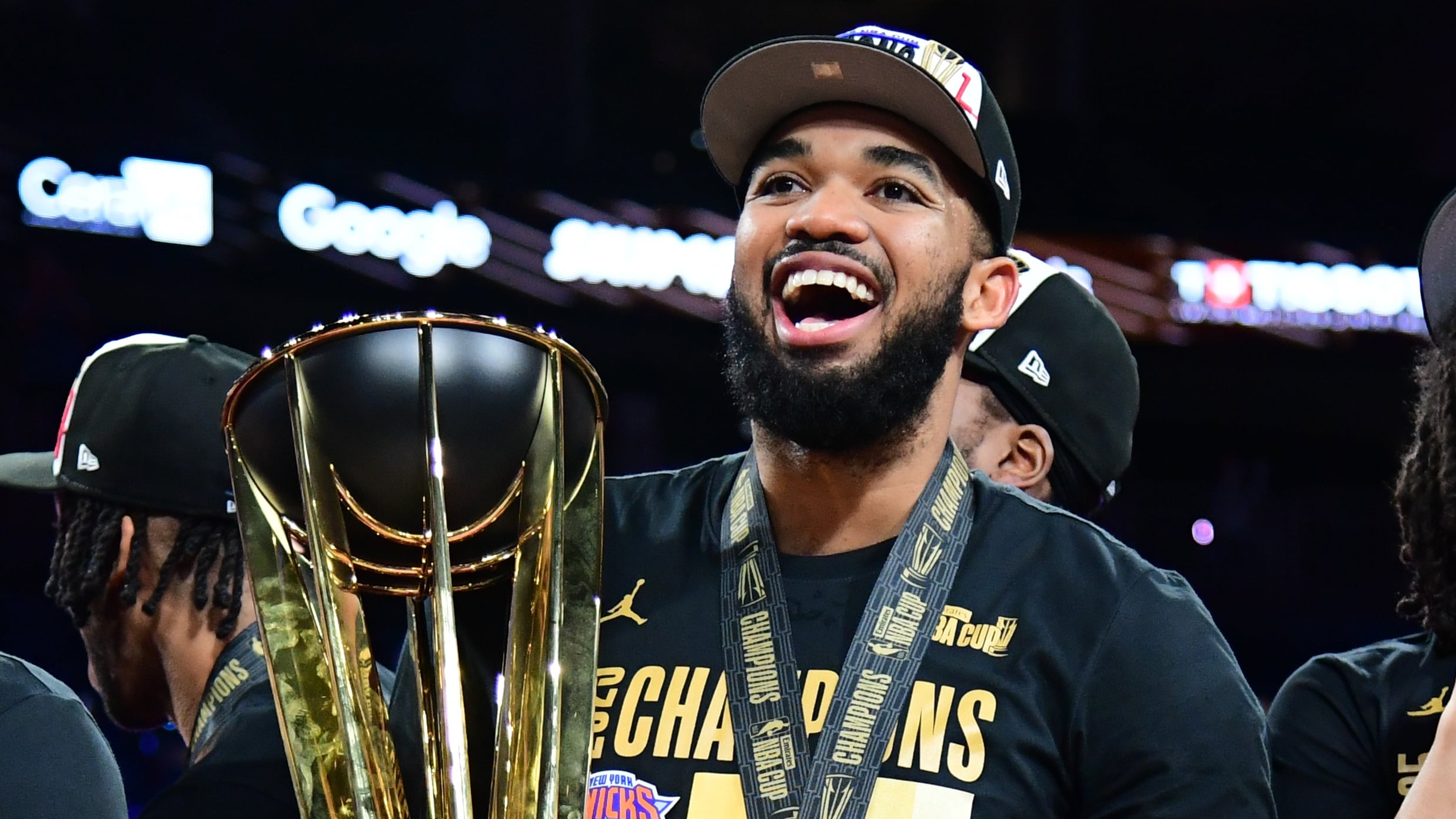
They say necessity is the the mother of invention.
That’s how Joe Johnson finds himself at this point in the Jazz starting lineup at power forward.
“I should have figured it out sooner,” said Utah coach Quin Snyder.
You get to you’re 16th NBA season and it’s usually less about who you think you are than what you can possibly be.
With Derrick Favors sidelined by a left knee contusion, Snyder eventually turned to the 35 year old who’s spent his career as a swingman burying big shots from the perimeter. He came to the Jazz last summer as a free agent to be that shooter, but now is doing it from a totally unfamiliar place.
“Whatever it takes for me to help,” Johnson said. “I just love being out there, regardless of what position coach wants me to play.”
Playing alongside Defensive Player of the Year candidate Rudy Gobert at center, what little the Jazz give up at one end of the floor with the 6-foot-7, 240-pound Johnson at power forward, they more than make up at the offensive end.
According to NBA.com’s John Schuhmann, Utah’s defensive rating goes from 102.2 to 105.6 when Johnson plays at the ‘3’, but the offensive rating rises from 103.4 to 112.4 when he is at the ‘4.’ The net rating difference is nearly seven points better with Johnson playing power forward.
“He’s unique not just in his ability to shoot, but his ability to play-make at that position,” Snyder said. “You can find a guy that can make a shot, but he can make plays for other people.”
When Favors is eventually healthy, the Jazz will certainly find him a place back in the rotation, but that will only resurrect the only problems of overcrowding the paint. The 7-foot-1 Gobert and the 6-foot-10 Favors tend to occupy the same space when they’re on the floor together, sometimes bringing the offense to a grinding halt. There was a time when the hulking 265-pound Favors was thought to be the future of the Jazz frontline. But with his game mostly made of power moves around the hoop and limited shooting range, Utah could go in a different direction over the summer with his contract expiring after next season. At this point, he could return to the rotation mostly as a backup to Gobert and also play alongside Johnson.
For now, the Jazz are readying for a return to the playoffs by getting their game tuned to the faster pace and higher scoring rate than their last appearance in 2012.
Johnson’s career 37.2 shooting percentage behind the 3-point line and knack for hitting big shots allows the Jazz to run plays that take advantage of his ability to make defenders pay.
“It gives us another ball-handler, shooter and guy who spaces the floor,” Johnson said. “I can work in pick-and-rolls, so Rudy can get wide open dunks. It works to our advantage.”
“He’s hard to guard, and you can play simple basketball,” Gobert said.
With the shifting of the style of the game away from traditional power forward that is a bruiser, Johnson’s natural disadvantage in size at the defensive end isn’t as great. He’s strong enough to guard the stretch-4s.
“It’s not that tough, because the way the league is going, a lot of guys who play the 4 are really my size,” Johnson said. “You’ve got a couple of teams that play with two traditional bigs, but for the most part, it’s not that tough.
“The biggest adjustment is playing guys that are a lot bigger than me and a lot more physical, keeping them off the glass. But I think it’s tough for them when they’re on defense. It keeps the floor spaced. It’s easy for me to go off the dribble and make plays, not only for myself but for my teammates, so it’s fun.”
Snyder isn’t reluctant to let Johnson take on the task.
“He’s just so strong,” Snyder said. “He’ll take a challenge defensively. I think that makes him even more capable of playing that position, not just situationally but as an everyday guy.”
Johnson shrugs and nods at the same time.
“Whatever they want,” he said.
After 16 years, it’s the being needed that matters.
Fran Blinebury has covered the NBA since 1977. You can e-mail him here, find his archive here and follow him on Twitter.
The views on this page do not necessarily reflect the views of the NBA, its clubs or Turner Broadcasting.



